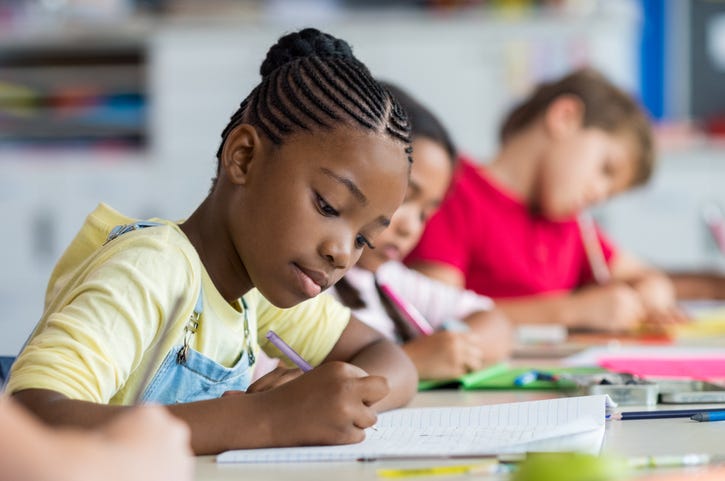
SAN FRANCISCO (KCBS RADIO) - Summer is winding down and the new school year is set to begin. But for those children suffering with ADHD -- an estimated 7 million American children between the ages of 3 and 17 -- it can be a challenge to return to the classroom.
A new program developed at UC San Francisco is showing some success in helping students with attention challenges. It's called Collaborative Life Skills, or CLS, and it's a new approach to dealing with attention deficit hyperactivity disorder.
Want to get caught up on what's happening in SoCal every weekday afternoon? Click to follow The L.A. Local wherever you get podcasts.
CLS creator Dr. Linda Pfiffner, professor of psychiatry and behavior at UCSF Health, says the program takes place right in the classroom.
"Treatments are most effective when they're administered in the settings in which the problems arise, what we call at the point of performance. And then since school is a place where ADHD can be especially impairing, it becomes really crucial to have our most effective treatments right there," Dr. Pfiffner told KCBS Radio's Bret Burkhart on this week's episode of "As Prescribed."
Dr. Pfiffner said behavioral treatments are proven to be effective, but they're typically only available in specialized clinics that often have long waitlists -- which means most children are not receiving them. And even when they do, some clinic-based treatments often don't translate to improvements for children at school.
"So the teachers and the school providers are the ones that need to be actively involved in making treatments in the school settings work," she said.
With the CLS program, school social workers who are trained by UCSF staff teach students to build organizational and social skills while instructing parents and teachers how to support their child at home and in school. The program combines three components.
"We have a teacher component where the teachers are receiving training and they learn how to implement behavioral practices such as a school home daily report card. There's a child component where the students are participating in small groups where they learn about independence, organizational and social emotional skills. Then parents have a component too," said Dr. Pfiffner. "Parents attend a parenting skills group where they're learning specialized strategies to work with their children."
So far, CLS has been used in more than 40 elementary schools in San Francisco, including four Spanish language schools. It also has been modified for remote, web-based training for counselors, parents and teachers and for international use, including 19 schools in Mexico.
"We find that including the teachers and the parents are absolutely crucial to making this approach work because they're able to promote the child's engagement, their motivation, their regulation, and reinforce the skills that the children are learning in their own groups in order to promote generalization outside of the groups and into the classroom and at home," Dr. Pfiffner said. "And that's really critical."
Follow KNX News 97.1 FM
Twitter | Facebook | Instagram | TikTok
